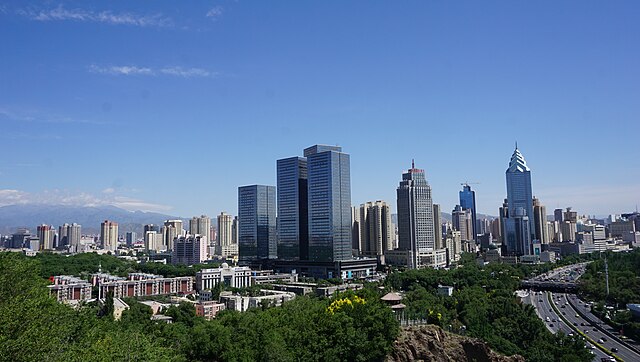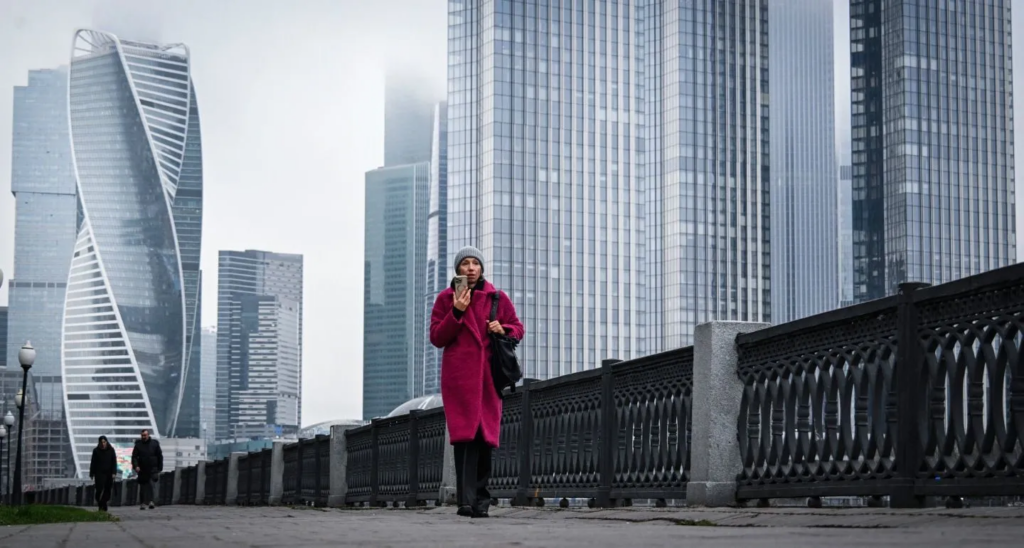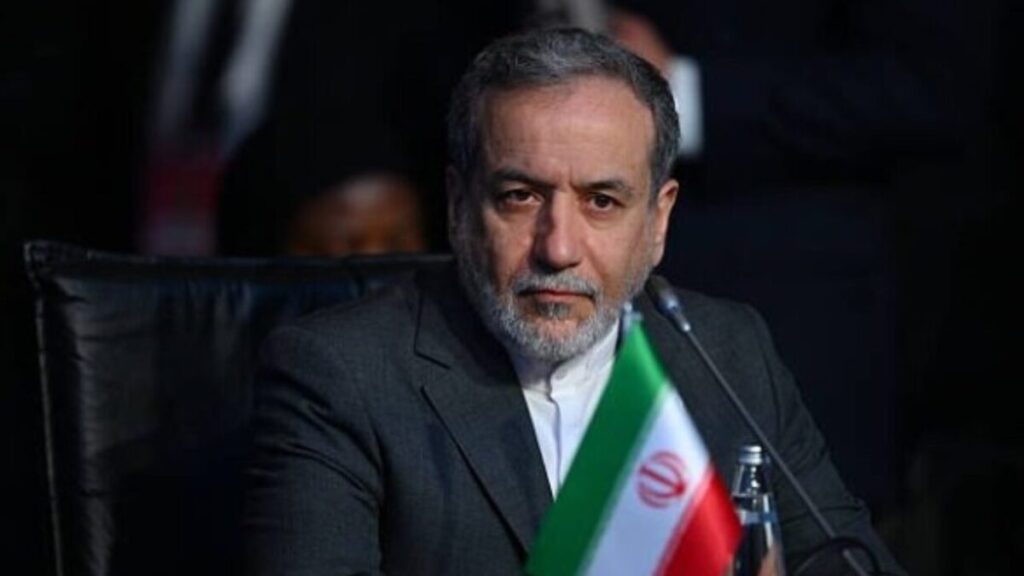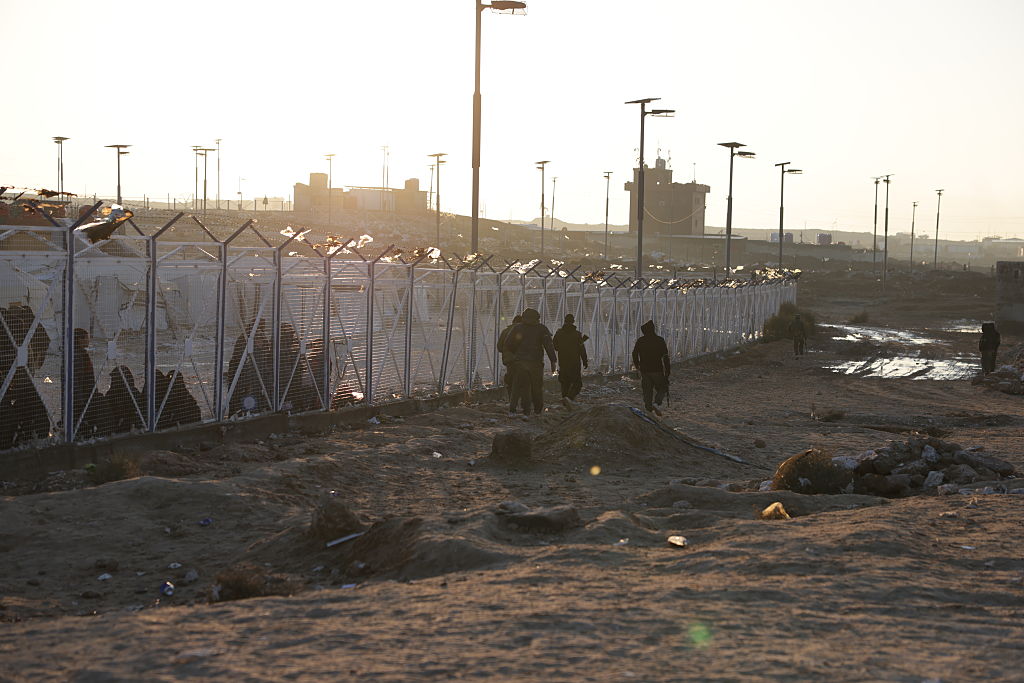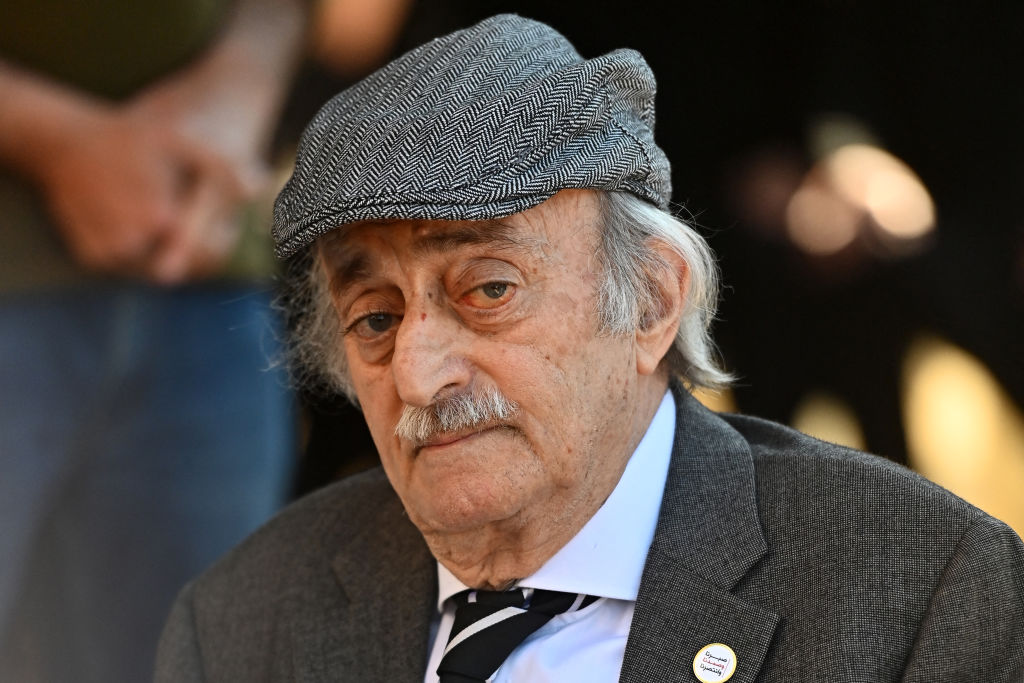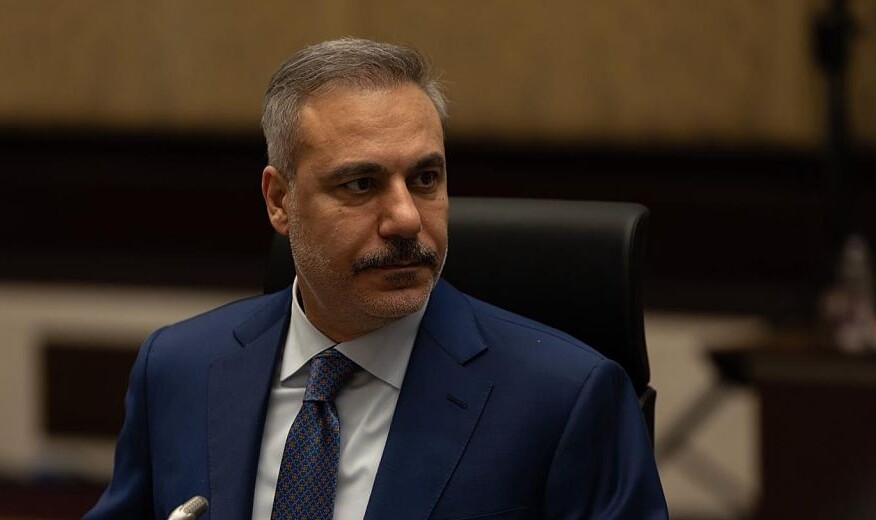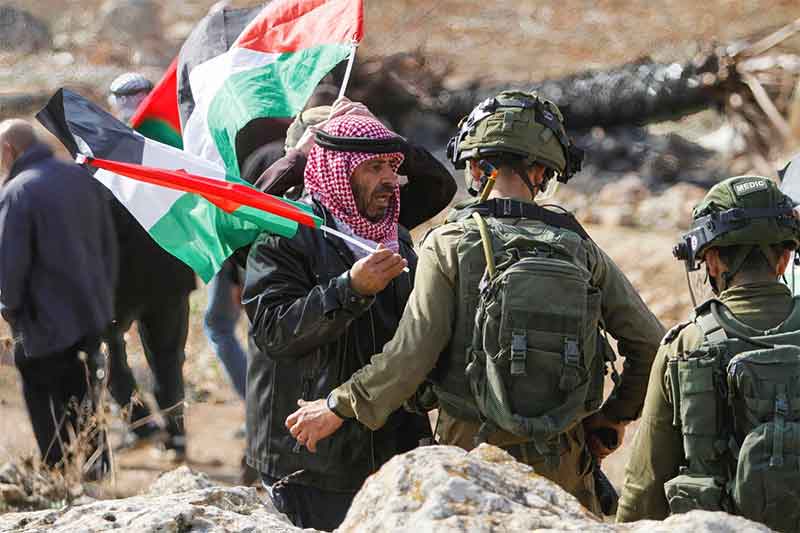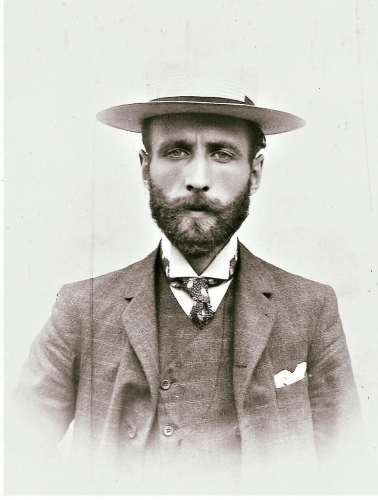‘Jordan is next’: West Bank annexation signals ‘silent transfer’
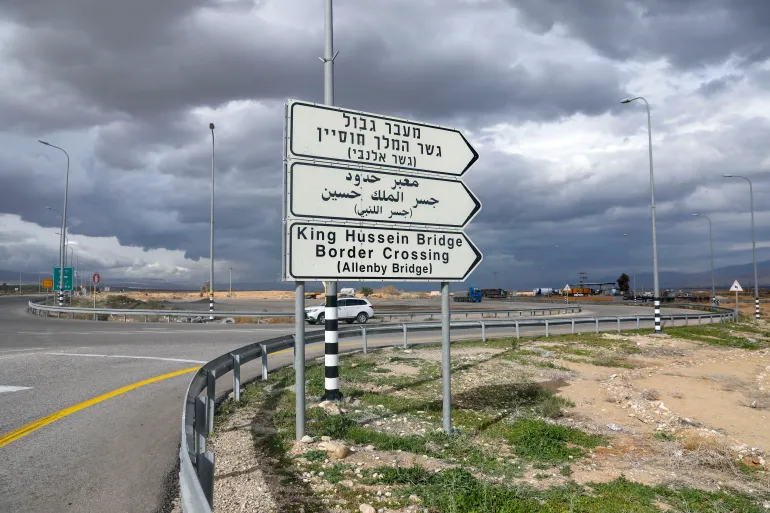
Former officials and strategists warn that Israel’s new land registry laws and military pressure in the occupied West Bank are the final prelude to the ‘alternative homeland’ scenario.
For decades, the “alternative homeland” – the notion that Jordan should become the Palestinian state – was dismissed in Amman’s diplomatic circles as a distant nightmare or a conspiracy theory.


